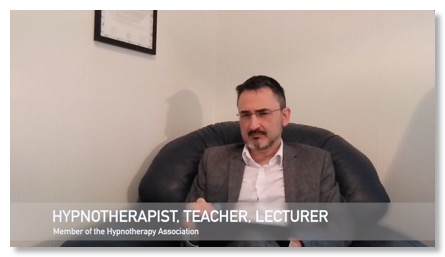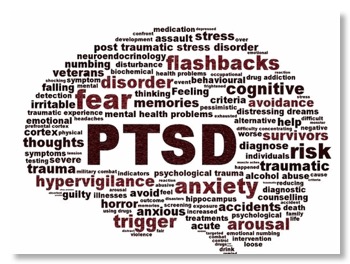The power of words in hypnosis part 1

Today we are going to discuss an aspect of hypnosis that most people are probably unaware of. This is the area of language and how it is used in hypnotherapy. The reason why this is so important for the work we do as therapists is because all language is processed and created unconsciously. This is why therapy does not fit into a neat box and it can never be a case of one size fits all, especially when it comes to delivering language to the unconscious of our clients. Therapists who use scripts are merely indulging the 'junk food' of hypnosis. Before you write to me defending the script based approach, let me tell you I used to be exactly in the same school of thought. All that has now changed and here's why.
When we speak we don’t actually know how we produce language we just make various sounds and the words seem to just emerge from our mouths as sentences with meaning. Whenever I initiate a trance in any of my clients I don’t think about what I’m going to say in advance I just seem to ‘know’ what to say. I’m not following a teleprompter I’m not following a pre written script, I’m just saying what comes to mind and letting the ideas ‘flow’, In fact, unless I say something random during a particular train of thought like “butterfly” you will naturally make sense of everything I say to you, because as the subject you are also processing information unconsciously. There is a neuroscience and the neurology going on behind the scenes. This is why language when it comes to hypnotherapy and change work. If the therapist cannot deliver language which evokes a person's own unique representation of their world, then how can he hope to engage with their perceived reality and change it? Language is produced unconsciously, it’s comprehended unconsciously and it’s perceived unconsciously. Language is able to produce powerful hypnotic states, emotional states, deep feeling states. Language can cause us to create pictures in our minds. You only have to think about your favourite novel that you’ve ever read that stimulated your imagination. Why was that? Clearly the language that you were reading was being perceived through your brain as a set of emotional and visual associations and connections which brought the story to life. However, the way you perceive the story is very different from how someone else perceives it based on how they unconsciously process that language. All language is hypnotic, which is why there are certain words and phrases that carry more power than others. In my next blog I will talk about these in more depth.
David Faratian
Nightmares, flashbacks, trauma

Probably one the most distressing side effects of trauma is the nightmares it can evoke. Nightmares attack when you are peacefully asleep and your conscious mind is off guard. By not dealing consciously with the nightmare, symptoms can worsen and the capacity to get a good night's rest may start to endanger your wellbeing. What should occur is the contrary. The memories which are essentially trapped at some point in time need to come out and be expressed and experienced in order for you to be free from them. Repressing them simply causes the initial pain to be prolonged unnecessarily for the rest of your life.
Most nightmares are repetitive in nature, and the surreal way in which your dreams replay the part of the trauma can make the experience appear to be far worse than it actually may have been in reality. Regular nightmares which aren't related to trauma have a tendency to be distinctive each time. Obviously nevertheless this is the way it goes. Our fears may be also reflected by trauma nightmares. You might start to dream that members of your household get hurt. You might start to fantasise that you just get hurt in another way. This is your mind expressing what it fears, instead of what occurred.
These dreams supply you with important details about what you fear. Traumatic nightmares are good in some sense. How can something be good? Nightmares allow you to know the problem is being worked on by your mind. Our brains are fabulous things. When we get hurt they act like computers replaying repeatedly the event, attempting to make sense of it. Our brains treat traumas as issues to be solved. Your brain is also attempting to take what happened to you and somehow make sense of it or to reduce the sense of overwhelm. In other words, to just get used to the idea that something horrible occurred. To get used to the emotions of powerlessness. Rather than dismissing them, drowning them out with sedatives or alcohol or staying up all night to avoid sleep, one should treat them as vital information.
The brain remembers that you've been hurt once and is attempting to give you details about where, how so that should a similar event happen again you could either avoid it in the future and be in a stronger position to know how to deal with it next time.
Hypnotherapy has an excellent track record when it comes to rationalising the stuck state of a nightmare, traumatic memory or flashback. Unlike most approaches to eradicate nightmares which rely on faith that the nightmare will eventually subside, hypnosis can effectively bring the memory out of its stuck state into an area of conscious awareness where it can be worked with and therefore eliminated. Nobody wants the fear that going to sleep is going to be unpleasant. If you are currently suffering from this unhealthy psychological imbalance and would like to explore options for curing the problem then please click the following link for more information and an opportunity to discuss your problem with a professional advanced hypnotherapist.
Wishing you a peaceful day
David Faratian


